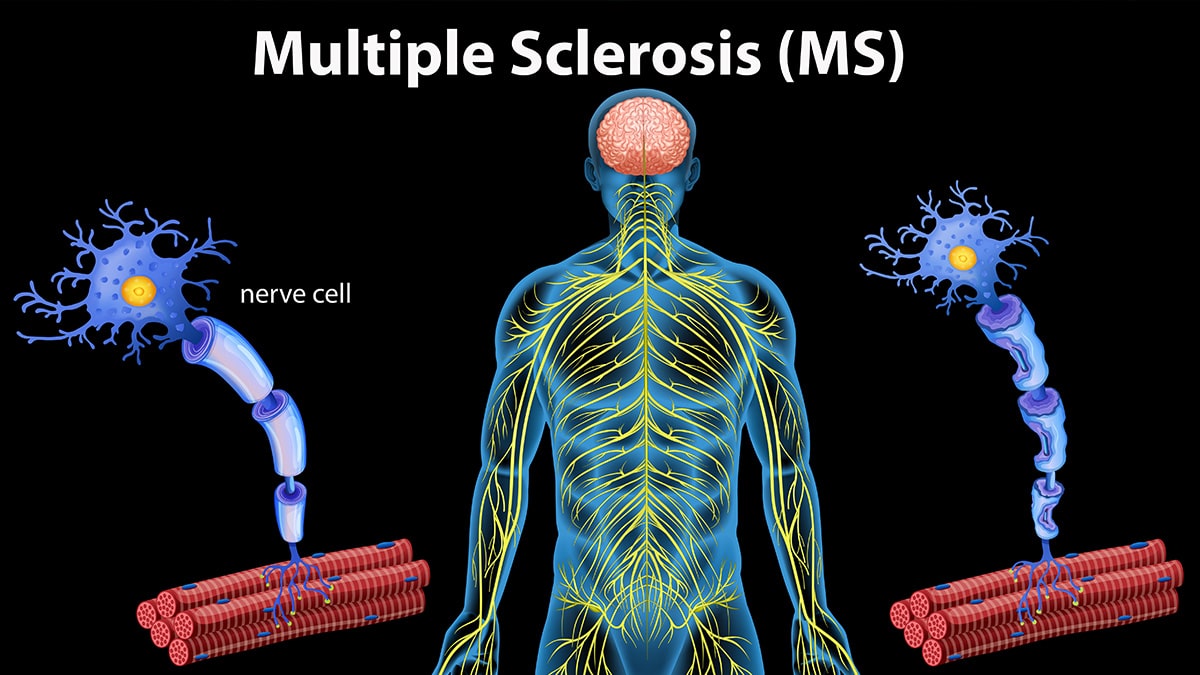Understanding Multiple Sclerosis: A Comprehensive Guide
Multiple Sclerosis (MS) is a chronic autoimmune disease that affects the central nervous system. It is a condition that impacts millions of individuals worldwide, causing a wide range of symptoms and challenges. In this article, we will delve into the key aspects of MS, including its symptoms, management, and frequently asked questions surrounding the condition.
The Benefits of Being Informed
Having a deep understanding of Multiple Sclerosis can help individuals navigate the complexities of the disease more effectively. By being well-informed, individuals with MS can make empowered decisions regarding their treatment and lifestyle choices. Additionally, raising awareness about MS can help reduce stigma and promote a more supportive environment for those living with the condition.
Exploring Multiple Sclerosis in Detail
Multiple Sclerosis is characterized by the immune system mistakenly attacking the protective covering of nerve fibers, known as myelin. This results in disruptions to the communication between the brain and the rest of the body, leading to a variety of symptoms such as fatigue, difficulty walking, numbness or weakness in limbs, and cognitive issues.
While the exact cause of MS remains unknown, factors such as genetics, environmental triggers, and immune system abnormalities are believed to play a role in its development. Diagnosing MS can be challenging due to the similarity of its symptoms to other conditions, making it essential for individuals experiencing possible symptoms to seek medical evaluation for an accurate diagnosis.
Frequently Asked Questions About Multiple Sclerosis
1. What are the early signs of Multiple Sclerosis?
Early symptoms of MS can vary but often include vision problems, tingling or numbness, muscle weakness, and difficulties with coordination and balance.
2. How is Multiple Sclerosis diagnosed?
Diagnosis of MS typically involves a combination of medical history review, neurological exams, MRI scans, and other tests to assess nerve function and rule out other conditions with similar symptoms.
3. What are the available treatment options for MS?
Treatment for MS aims to manage symptoms, slow disease progression, and improve overall quality of life. Options may include disease-modifying therapies, symptom management medications, physical therapy, and lifestyle modifications.
4. Can diet and exercise help in managing MS?
Adopting a healthy diet and engaging in regular exercise can play a supportive role in managing MS symptoms and promoting overall well-being. Consultation with healthcare providers is recommended to develop personalized lifestyle strategies.
5. What resources are available for individuals living with MS?
There are numerous organizations, support groups, online forums, and healthcare professionals specializing in MS care that can provide valuable resources, information, and emotional support to individuals with MS and their families.
In Conclusion
Multiple Sclerosis is a complex condition that requires a comprehensive approach to management and care. By staying informed, seeking appropriate medical guidance, and adopting a proactive mindset, individuals with MS can lead fulfilling lives while effectively managing the challenges posed by the disease.

